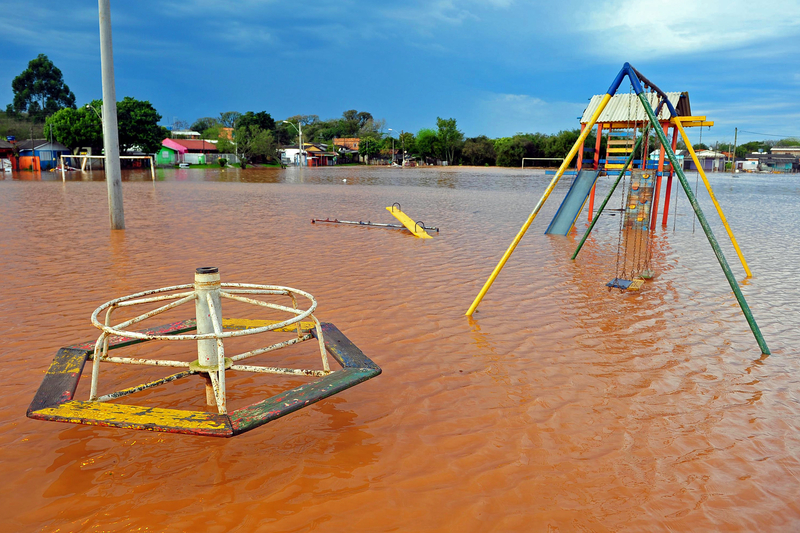
New insurance and finance tools to boost urban resilience
18 November 2025
by Jonathan Andrews
Cities across Latin America and the Caribbean facing escalating climate shocks will soon gain access to an expanded suite of tools to manage and finance climate risks, as ICLEI and KfW increase the ProUrbano programme to over €58 million.
The initiative brings together the Urban Infrastructure Insurance Facility (UIIF), which enables cities to pool and transfer climate risks, with the Urban Adaptation Financing Facility (UAFF), which helps municipalities design and fund adaptation projects.
David Jacome-Polit, Head of Resilient Development at ICLEI, told Cities Today that the expanded programme gives cities the opportunity to move beyond isolated actions and instead strengthen risk governance across preparation, response and long-term recovery.

“The scale of this new phase allows for more cities to move from isolated interventions toward true integral risk management, covering preparation, response, recovery, and inclusive, equitable, and just development pathways despite a changing climate,” he said.
Phase 1 brought together ten cities across four countries to co-design and pilot municipal insurance solutions through UIIF. These mechanisms helped cities collectively pool risk, access private insurance markets and protect critical infrastructure, particularly for vulnerable communities.
The new phase builds on this foundation by linking insurance directly with adaptation finance through UAFF, enabling municipalities to turn risk data into implementable projects.
Jacome-Polit said cities can now combine risk transfer measures with investments that reduce underlying vulnerabilities.
“With the expansion, we can now complement this with robust risk-reduction and adaptation action,” he said. “The UAFF brings both the technical mechanisms to design sound adaptation projects and the resources to implement them.”
He added that climate risk management can no longer be approached as a set of disconnected activities spread across different teams and departments.
“ProUrbano brings these together into a holistic, end-to-end approach,” he explained. “This ensures that insurance does not simply finance recovery–it becomes part of a broader strategy that includes long-term resilience building, social equity, and just development.”
For many municipalities, the programme also represents a new form of financial security during increasingly frequent climate shocks.
“Traditionally, local governments in the region have depended almost entirely on their own limited budgets and on national disaster funds to recover from climate impacts,” Jacome-Polit said. “This often leaves them with depleted resources and slow, insufficient recovery processes.”
ICLEI and KfW say that ProUrbano helps cities move towards a more proactive model by offering financing options before and after shocks, and by strengthening governance, planning and coordination.
As new cities join the programme, ICLEI will place greater emphasis on institutional readiness, drawing on lessons from Phase 1. Many municipalities previously lacked coordinated data systems, shared information channels or integrated collaboration mechanisms. ICLEI will support cities to improve data practices, engage external partners and establish clearer governance structures.
Main image: Mucamaciel | Dreamstime.com













